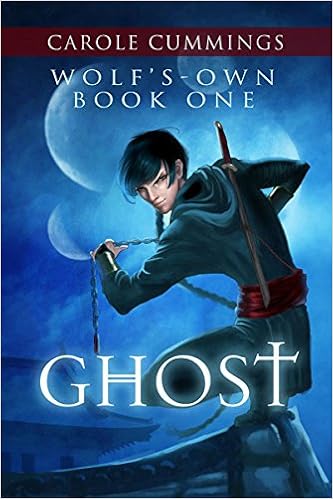Will this year of DNF books ever end?
Dec. 23rd, 2023 06:35 pm




DNF #190: Tantamount by Thomas R. Radford.
DNF #191: A Tale of Two Ghosts by by Sarah Riad.
Both of these books get the same review: How can a book that credits an editor have so many writing issues? Is the editor not that good? Is the editor fictional?
I made it to 1% of Tantamount before the issues became too frequent. Mostly it was pronoun confusion, like:
Mark stood in a crowd of people, staring at her. It was as if they reached out for her.
It sounded like he meant the crowd, but he meant his eyes were (somehow) reaching out for her.
A Tale of Two Ghosts I made it to the 4% point, but that was just because there was so much front matter. The author (and her editor?) had no idea how to use commas...
DNF #192: Dauntless Dungeon: A New Tale (Legends of Rhespira Book 1) by Devan Johnson.
This book was even more poorly written than the first two. A furry story, I didn't get more than two pages into it. It ignored way too many rules of English writing... like starting a sentence with an upper case letter.
DNF #193: Coldmaker by Daniel A. Cohen. I actually made it to the 25% point of this book! After the previous three, it was nice to have one that was professionally written.
Unfortunately, while the writing was good, the story just didn't work for me at all. I didn't believe the worldbuilding, which kept me from believing the story at all.
Set in a dystopian world where the sun was too strong and life was barely holding on (any standing water, for example rivers, boiled), there were two races of people: One noble and the other slaves. The slaves were so over the top abused, it was completely ridiculous. Like the slaves have to work most of their waking hours in the sun, and yet get only two "rations" of water a day, water they drink while standing in front of the overseer.
The world didn't make sense in general, too. "Cold" fell from the sky in three forms (Shivers, Wisps, and something else I don't remember). Was it snow? Was it ice? Magic? Crystals? It was somehow used as money in this brutal-sun world, and yet it never melted.
I tried to stick it out, but the abuse of the slaves was just too over the top and completely unbelievable. Somehow the slaves (humans) survived on the harsh world with a tiny bit of water and a couple figs. Every day.
DNF #194: Bewere the Night by various authors. I had tried reading this one a few years ago, but technical issues with my Kindle meant the book was on it again. An anthology about were-animals, but same as when I tried to read it in 2018, only the first story had worked for me. I skipped or skimmed the rest.







































